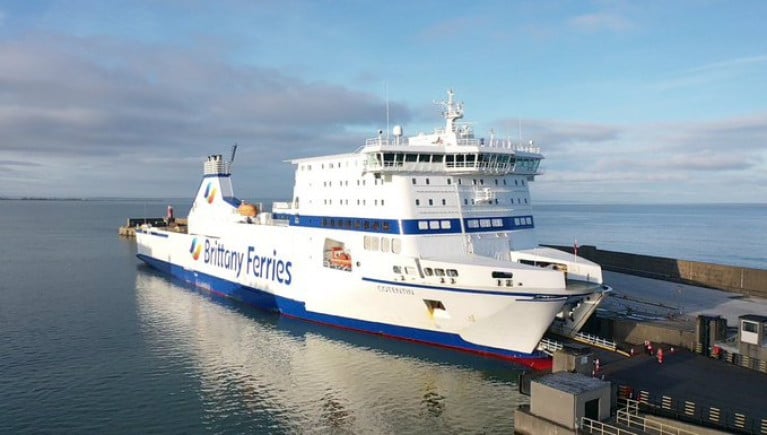Displaying items by tag: Brexit effect
On Saturday, 13 November, it was a record day at Rosslare Europort, says Glenn Carr.
Over the course of the day, almost 1,000 units of freight travelled through the ferry hub, according to the port’s general manager, making it one of the busiest days in the history of the Wexford port.
This level of activity is something that Carr and his team have had to get used to in 2021.
So far this year, the volume of cargo travelling through the Wexford port has ballooned by 55%, according to Carr. Because of an increase in direct trade with Europe, continental freight volumes — which have skyrocketed by 378%, Carr says — are driving the overall numbers.
Once upon a time not long ago, Stena Line’s Fishguard and Irish Ferries’ Pembroke services, both in Wales, accounted for most of Rosslare’s business.
Much more the Journal.ie has to report on the dramatic fortunes of the ferryport.
The record in trade volumes preceded as Afloat adds, Brittany Ferries recently announced new route, Rosslare-Le Havre which began operations from the French port on Friday, 12 November. This involved the freight-only ro-ro Contentin to arrive at Rosslare Europort the next day.
Contentin is the French operator's custom-built freighter which can be seen above berthed at the Irish port upon completion of that inaugural crossing from Le Havre, Normandy.
























































